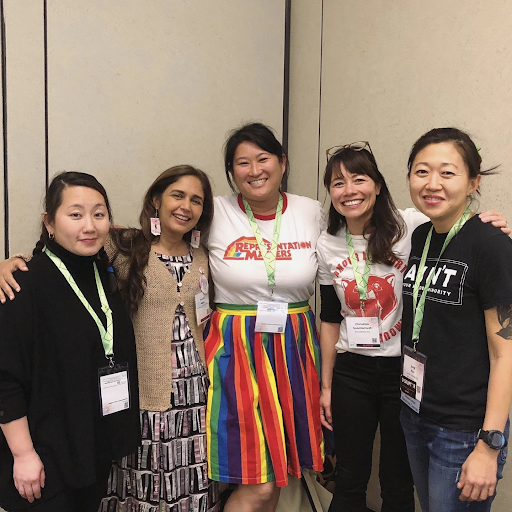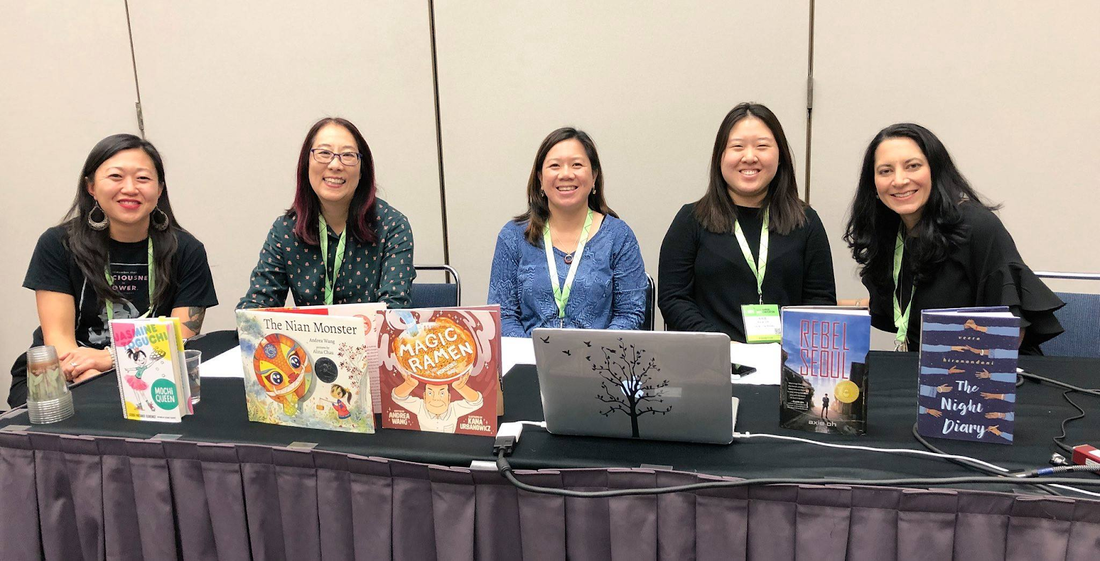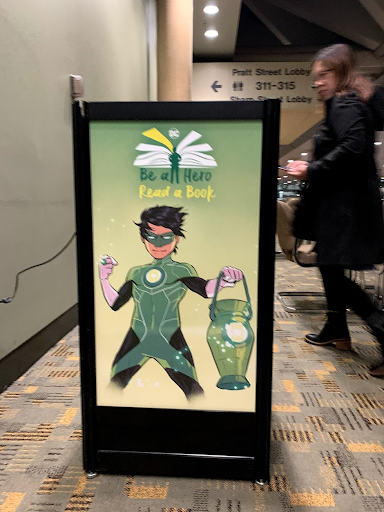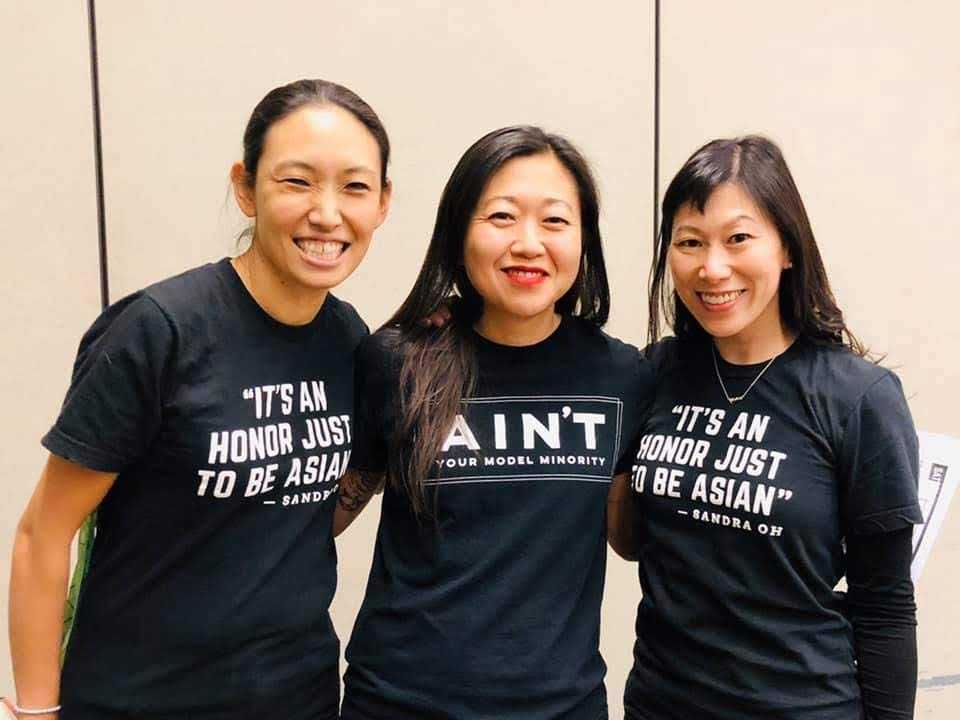First, even though she doesn't cry, I am glad she did, at least once. I am happy that I am not alone as a crier in public educational spaces. Second, I love that she mentioned The Women Warrior. Including this book in my A. P. Curriculum over 30 years ago was one of the best text selections I ever made. Thanks Jung.
Representation Matters. For Everyone. “Even” Asian Americans
Jung Kim
Being Asian American often means being invisible, or sometimes hyper-visible. I was a good student and quiet, the prototypical model minority for most of my K-12 education. I didn’t demand attention or take up too much space. However, I also grew up in predominantly white spaces where my name and my face marked me as very different and foreign. And I also grew up before K-pop, K-drama, and K-beauty were a “thing”--which meant almost no one knew where Korea was or what being Korean meant, despite America having fought a war there.
And for a variety of reasons, my family moved a number of times, so books and the library were a touchstone for me. There I could escape into stories about animals making dangerous journeys home or youth traveling across space and time or dragon riders on other planets. I found myself in books over and over again, although I never actually saw an Asian character in these stories. It was not until my freshman year of college when I read The Woman Warrior that I read and connected with an Asian American character. This would also become the beginning of my social and racial awakening as an individual, as a future educator, and as an activist.
So as I moderated a panel with some amazing Asian American authors, C.B. Lee, Christina Soontornvat, Kao Kalia Yang, and Nandini Bajpai, I choked up talking about the importance of seeing powerful, amazing Asian American writers and their stories. And in the audience were two other Asian American authors who I had met and befriended from the previous year’s NCTE Asian American author panel, Andrea Wang and Debbi Michiko Florence, and a room full of other Asian American authors and educators. And to be in such a space, amongst so many other others with similar experiences, was powerful. And while I won’t name names, I was not the only one tearing up.
- superheroes (Not Your Sidekick by C.B. Lee; The Serpent’s Secret by Sayantani DasGupta; Green Lantern: Legacy by Minh Lê, Ms. Marvel: Kamala Khan by Sana Amanat et al)
- funny, spunky middle schoolers (Keep It Together, Keiko Carter by Debbi Michiko Florence; Hello, Universe by Erin Entrada Kelly)
- resilient survivors (A Different Pond by Bao Phi; All Thirteen by Christina Soontorvat; We Are Not Free by Traci Chee; The Best We Could Do by Thi Bui)
- space adventurers (Dragon Pearl by Yoon Ha Le); LGBTQ youth (Flamer by Michael Curato; The Magic Fish by Trung Le Nguyen; It’s Not Like It’s a Secret by Misa Sugiura)
- futuristic rebel fighters (Legend trilogy by Marie Lu; Want by Cindy Pon; Rebel Seoul by Axie Oh)
- love interests (Frankly in Love by David Yoon; To All the Boys I’ve Loved by Jenny Han; American Panda by Gloria Chao)
- or average kids (Love, Hate, and Other Filters by Samira Ahmed; Stand Up, Yumi Chung! by Jessica Kim; The Boys in the Back Row by Mike Jung)
- who have been here for generations (Under a Painted Sky by Stacey Lee; Paper Son: The Inspiring Story of Tyrus Wong by Julie Leung).
[Note: This is the tiniest shred of possible titles and not meant to be all-encompassing.]
| The (relative) explosion of Asian American literature in the last decade or so has been a boon-- not only for Asian American youth, but for all youth. Paolo Freire writes about conscientization and the potential for liberation through the recognition of everyone’s full humanity. Not just the liberation of the oppressed, but the liberation of the oppressors. Being locked into ignorance and judgment about others also prevents people from fully accessing their own humanity and from being truly free. Rudine Sims Bishop, has said, literature can be mirrors, windows, and sliding glass doors. Literature provides the opportunity to open doors into one’s self and to others. By reading diverse literature, we are able to empathize with those that seem utterly different from us and realize our shared humanity. At the heart of it, every single person should have the opportunity to see themselves in books, and not realize until their 40s how absent they were in the books they read. They should also have access to the broadest diversity of people and experiences as possible in books. I read as a kid because it freed my imagination and opened worlds to me that my immediate context could not give me. As cliche as it is, I truly do believe that there is magic in stories, and that books are powerful. |





 RSS Feed
RSS Feed